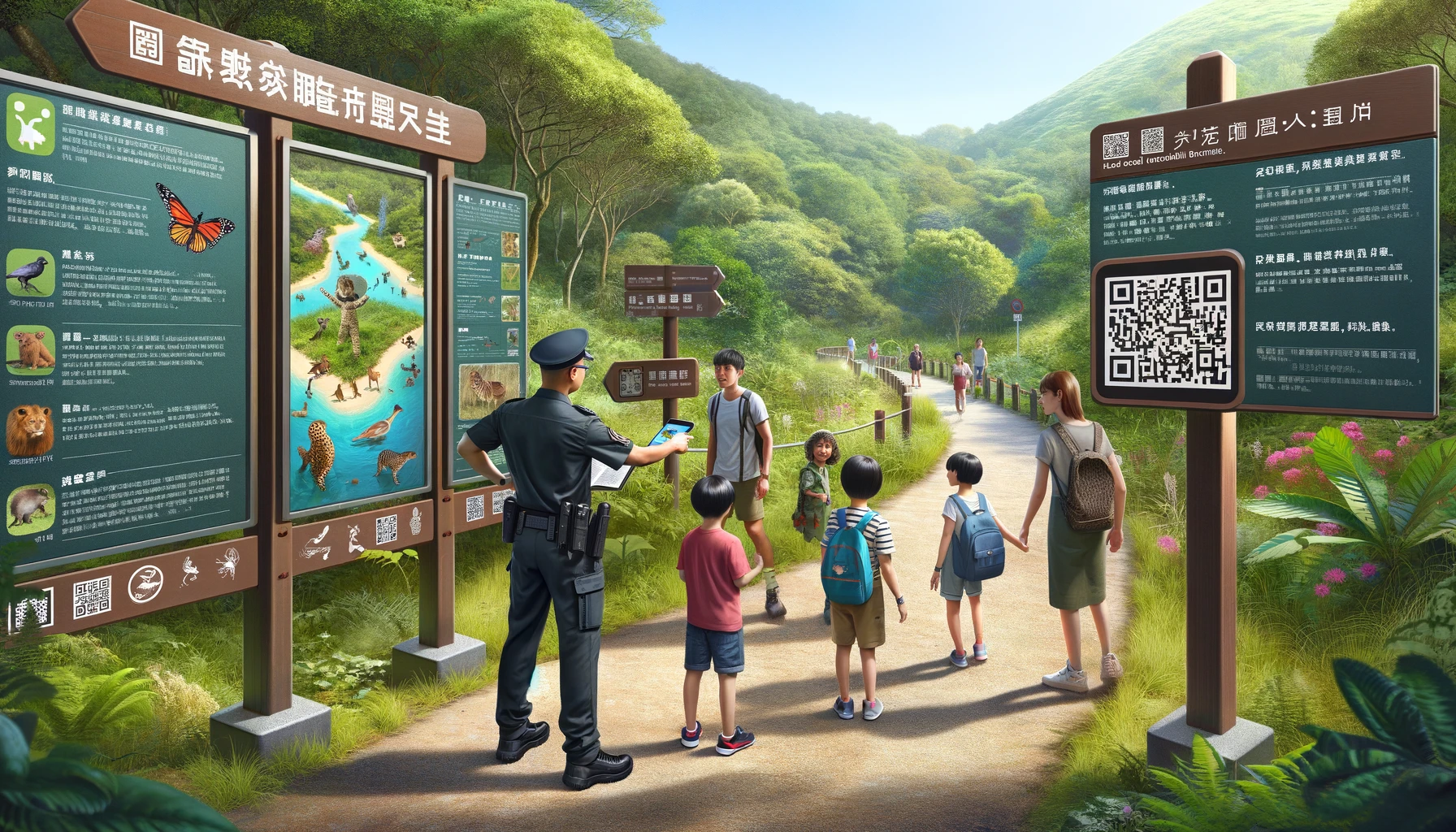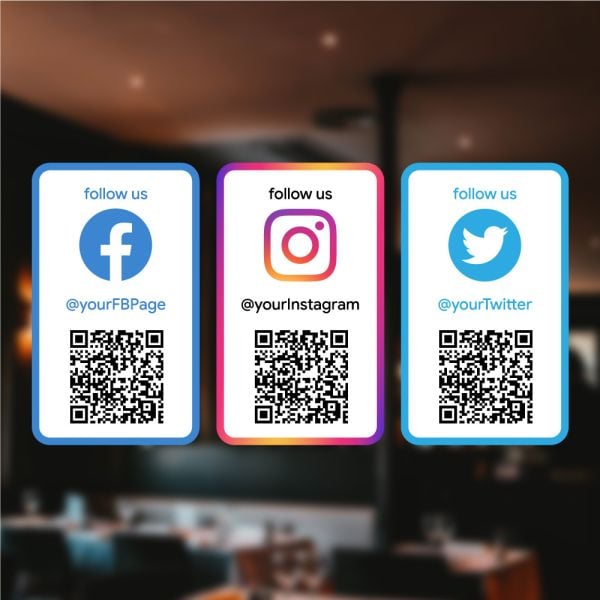QR Codes: Bridging the Gap in Local Wildlife Conservation and Education
2 days ago read

QR Codes in Wildlife Conservation and Education
What are QR Codes?
Quick Response (QR) Codes are scannable barcodes that provide instant access to digital content. For wildlife conservation and education, they serve as a gateway to a wealth of information about local ecosystems, species, and conservation efforts.
Enhancing Conservation Efforts with QR Codes
QR codes can significantly benefit wildlife conservation and education by:
- Providing Information on Local Species: Offering detailed information about local wildlife and their habitats.
- Promoting Conservation Programs: Linking to resources about ongoing conservation projects and how to get involved.
Benefits of QR Codes for Environmental Initiatives
Increased Public Engagement
- Interactive Learning Experiences: Creating engaging educational content that increases public awareness about wildlife and conservation.
- Accessible Conservation Information: Making it easy for community members to learn about and participate in local conservation efforts.
Support for Sustainability and Preservation
- Eco-Friendly Outreach: Reducing the need for printed materials, thus lessening environmental impact.
- Data Collection for Conservation Efforts: Gathering insights on wildlife sightings and human-wildlife interactions to inform conservation strategies.
Community Involvement and Awareness
- Encouraging Community Participation: Facilitating volunteer sign-ups and donations for local conservation initiatives.
- Building a Network of Conservationists: Connecting individuals and organizations dedicated to wildlife protection and environmental education.
QR Lab’s Solutions for Wildlife Conservation
Customized QR Code Integration for Conservation
QR Lab specializes in creating QR codes for wildlife conservation and environmental education, including:
- Informative Nature Trail Markers: Designing QR codes for nature trails that provide information about the local flora and fauna.
- Digital Platforms for Conservation Education: Linking QR codes to interactive educational resources and virtual tours.
Advancing Eco-Conscious Initiatives
- Innovative Tools for Environmental Education: Utilizing QR codes to develop engaging and informative content about local ecosystems.
- Expert Support and Development: Providing ongoing assistance for effectively integrating QR technology into conservation projects.
Conclusion
QR codes are transforming local wildlife conservation and education efforts, offering a more interactive, engaging, and eco-friendly approach to connecting people with nature. With QR Lab's innovative QR solutions, communities can deepen their understanding and commitment to preserving local wildlife and ecosystems.
Most viewed




